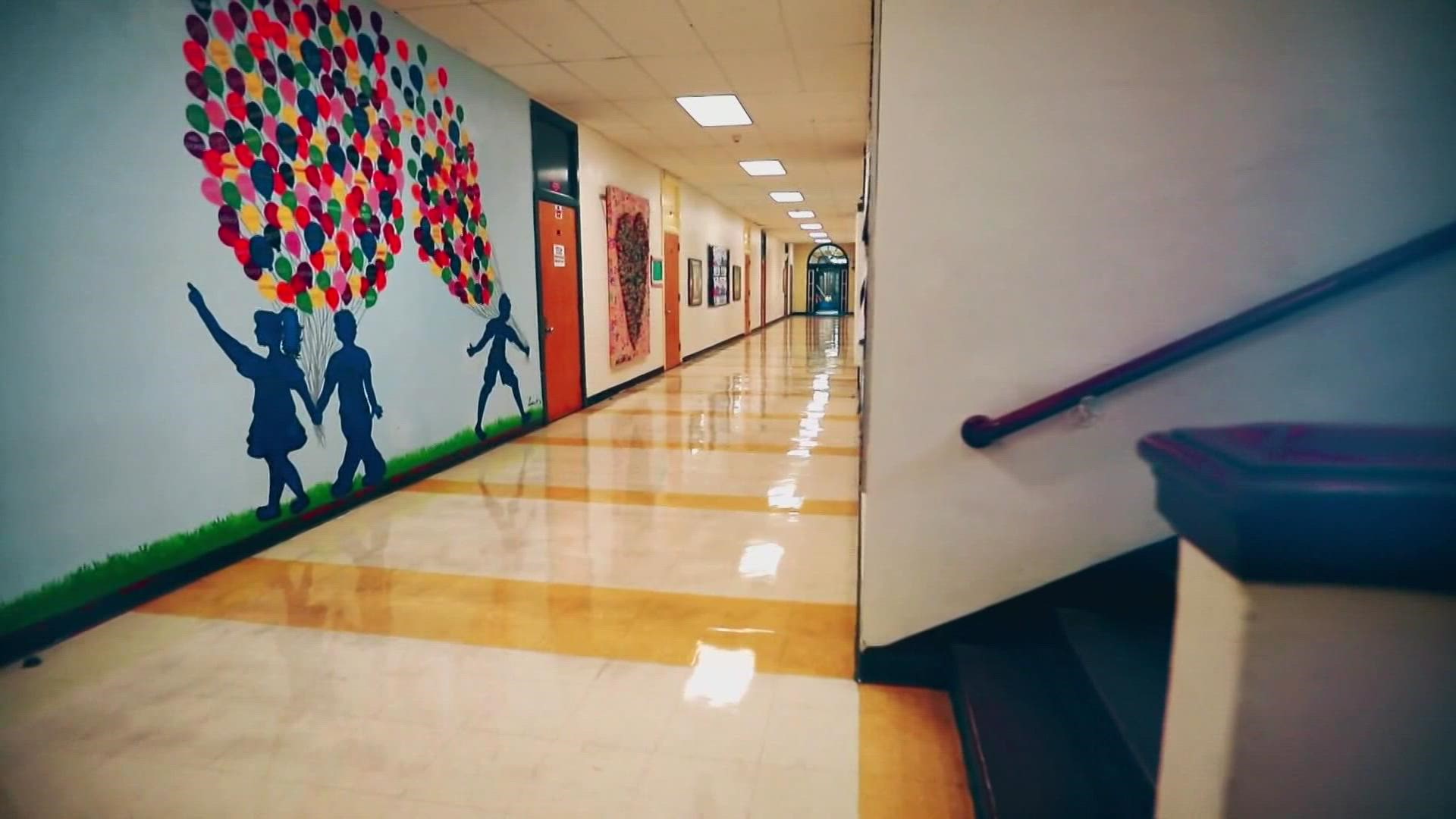SEATTLE — The results are in from the nation's report card, and it reveals the troubling trend of the country's kids performing worse in the classroom even before the pandemic started.
For the first time in 50 years, the National Assessment of Educational Progress reported a decline in math and reading scores for 13-year-old students.
The long-term assessment which looked at the entire country during 2012- 2020 showed reading in the age group dropped by 3 points and 5 points in math.
In Washington, math stayed the same from 2017-2019 but reading dropped by 5 points.
"That doesn't surprise me," said President of Washington Education Association Larry Delaney. "For the reading piece, if there are not the folks at home who can support them in their learning, to the same degree that educators in the public school system can, that doesn't surprise me."
The news for Black and Hispanic students is even worse with 13-year-olds falling by 8 and 4 points in math in these racial categories.
"There have been gaps in the data for years and the pandemic has only shined a light on it," added Delaney.
So why the sharp decline?
Delaney says one reason is that it's harder keeping Black and Hispanic teachers. The average amount of time Black teachers stay in the field is five years.
"50% of our students are students of color, only 15% of our educators are persons of color. And the more we can do to shrink that gap, I believe the greater success we'll have," said Delaney, who added that students do better when they can see themselves in what they are learning.
Leaving the field is something Tymmony Keegan thinks about often.
"I am a black teacher, and I for sure, I would say, at least once a week I'm like, 'this is not what I want to be doing,'" said Keegan who teaches 10th grade at Cleveland High School in Seattle and was previously a middle school teacher.
Keegan points to being overworked, not having creative freedom in the classroom and constantly fighting a system that isn't working for all students as just a few reasons why.
"We need a whole system revamp. I love my [administration] team here and think that we have a really strong one in terms of wanting to position more youth and families in decision-making bodies and wanting to hear concerns and actually respond to them. But, there's always this balance. There needs to be people inside the system doing work and people outside the system doing work," said Keegan.
Meanwhile, the Washington Education Association says they continue to advocate for policy changes at the state level on down to districts.
"We're in a unique time in public education, and that the vast majority of school districts have an unprecedented amount of federal dollars that they have to spend on COVID relief. So you know, we would call on school districts to convene meetings of all stakeholders, and really work together to figure out what systems and what services are best for those students who are struggling," said Delaney.

